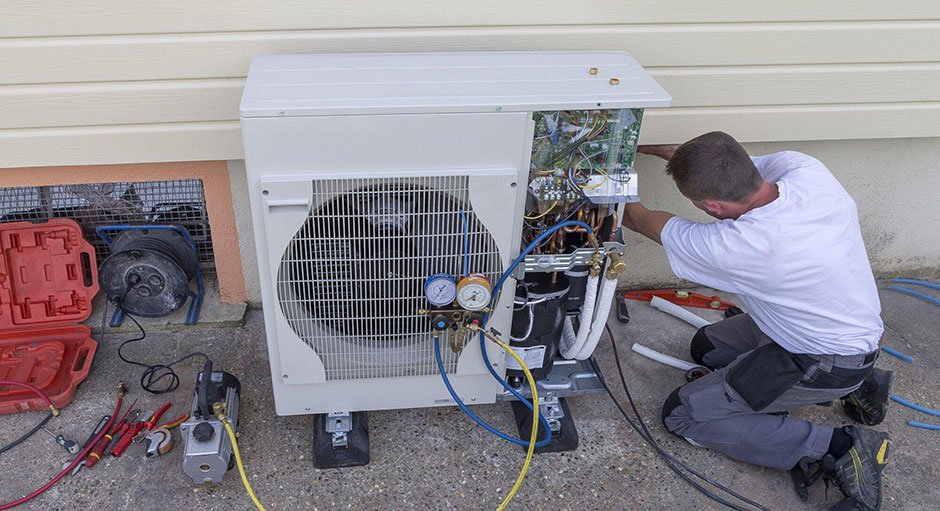When it comes to keeping your home comfortable, the choices you make can impact not only your comfort. It can also impact your wallet and the environment.
Dual fuel heat pumps have entered the market as a game-changing alternative to traditional HVAC systems. But what sets them apart?
Let’s dive into the key differences that you should consider when choosing between these two options.
Cost Comparison
When evaluating cost, you need to consider two primary factors: initial investment and long-term operating costs. Dual fuel heat pumps typically require a higher upfront investment than standard HVAC systems. This is due to their enhanced technology and the installation of backup furnaces.
However, the long-term savings in energy costs can often offset this initial expense. This makes dual fuel heat pumps a worthwhile investment for those planning to stay in their homes for the long run.
You just need to make sure that you hire the right HVAC contractor in Colorado Springs if you live in the area. This way, you’ll get accurate estimates and an HVAC professional installation. You can ensure optimal performance for your dual fuel heat pump.
Additionally, it’s important to factor in the cost of fuel. Dual pumps work in conjunction with two energy sources which highlights their cost-effectiveness. Meanwhile, traditional HVAC systems are typically single-fuel units. This can make them susceptible to volatile fuel prices.
Efficiency Levels
When it comes to energy efficiency, dual fuel heat pumps offer a clear advantage. These systems utilize both electricity and gas or oil to heat your home. This combination allows for highly efficient operation in varying temperatures.
During milder weather, the electric part of the system kicks in. And when temperatures drop, the backup furnace takes over.
Heating and Cooling Performance
The versatility of dual pumps allows them to maintain high heating and cooling performance across a variety of weather conditions. Traditional HVAC systems have fixed modes of operation. This can sometimes lead to over- or under-heating or cooling when conditions change rapidly.
Maintenance and Longevity
In terms of maintenance, dual pumps can be more complex. However, this doesn’t necessarily mean they have a shorter lifespan. With proper care, both systems can provide reliable service for many years.
Dual fuel heat pumps require checks and filter replacements on both the electric and gas components. Traditional HVAC systems might have simpler, more streamlined maintenance practices.
Environmental Impact
When it comes to environmental impact, dual fuel heat pumps have the upper hand. As mentioned earlier, these systems utilize electricity and gas or oil for more efficient operation. This reduces your carbon footprint compared to traditional HVAC systems that solely rely on fossil fuels.
In the long term, dual fuel heat pumps can also reduce your energy consumption. This leads to a lesser demand for electricity generation and less reliance on non-renewable resources.
Dual Fuel Heat Pumps Are the Way To Go
With all the advantages dual fuel heat pumps bring to the table, it’s clear that they are the way to go. From cost-effectiveness and energy efficiency to versatility and environmental impact, these systems provide a superior alternative to traditional HVAC systems.
So if you’re in the market for a new HVAC system, be sure to consider a dual fuel heat pump. It may require a higher upfront investment, but the long-term benefits are worth it in the end.
Did you find this article helpful? If so, check out the rest of our site for more.






